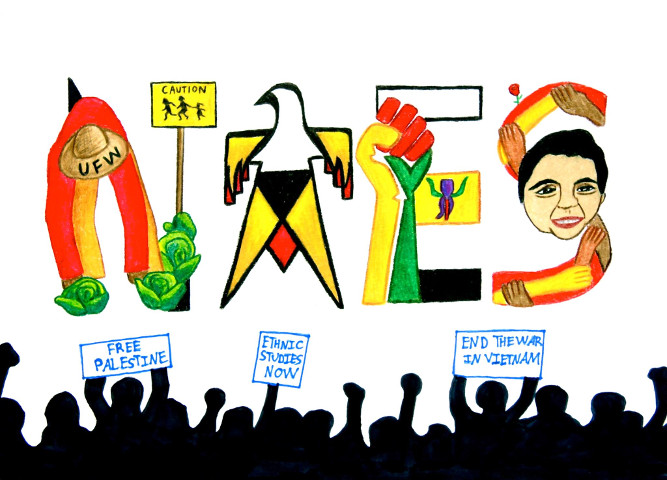Ethnic Studies Review

Orginal Publication Date
2003
Journal Title
Ethnic Studies Review
Volume
26
Issue
esr/vol26/iss1
First Page
108
Last Page
120
Abstract
Conventional approaches to literary genres conspicuously imply definition and classification. From the very beginning of our incursions into the literary world we learn to identify and differentiate a poem from a play, a short story from a novel. As readers we classify each written work into one of these neatly defined literary genres by following basic guidelines. Either we classify according to the structure of the work (stanza; stage direction/dialogue; narrative) or the length (short story; novelette; novel). What happens though when a reader encounters a work of considerable length made up of individual short pieces or vignettes that include rhythm and rhyme and is framed by an underlying, unifying story line linking the vignettes together? Is it a novel or a collection of short stories? Why does it sound and, at times, look like a poem? To further complicate classifications, what happens when a reader comes across an epistolary format with instructions on which letters to read first: letters made up of one-word lines, poetic stanzas, or italicized stream of consciousness; letters that narrate the history of two women's friendship? Is this a novel or a mere collection of letters?
Rights
Copyright ©ESR, The National Association for Ethnic Studies, 2003



Comments
Literature: A Special Issue